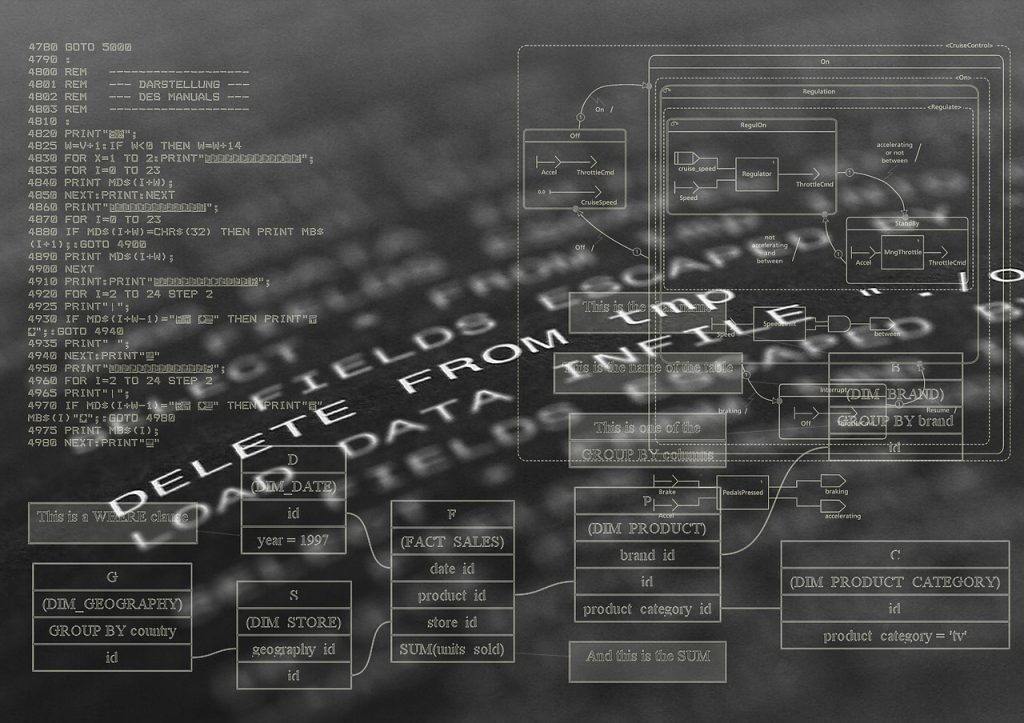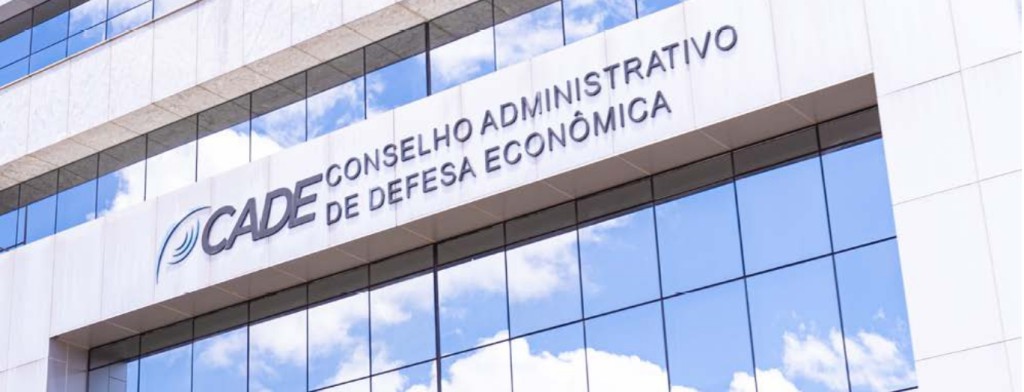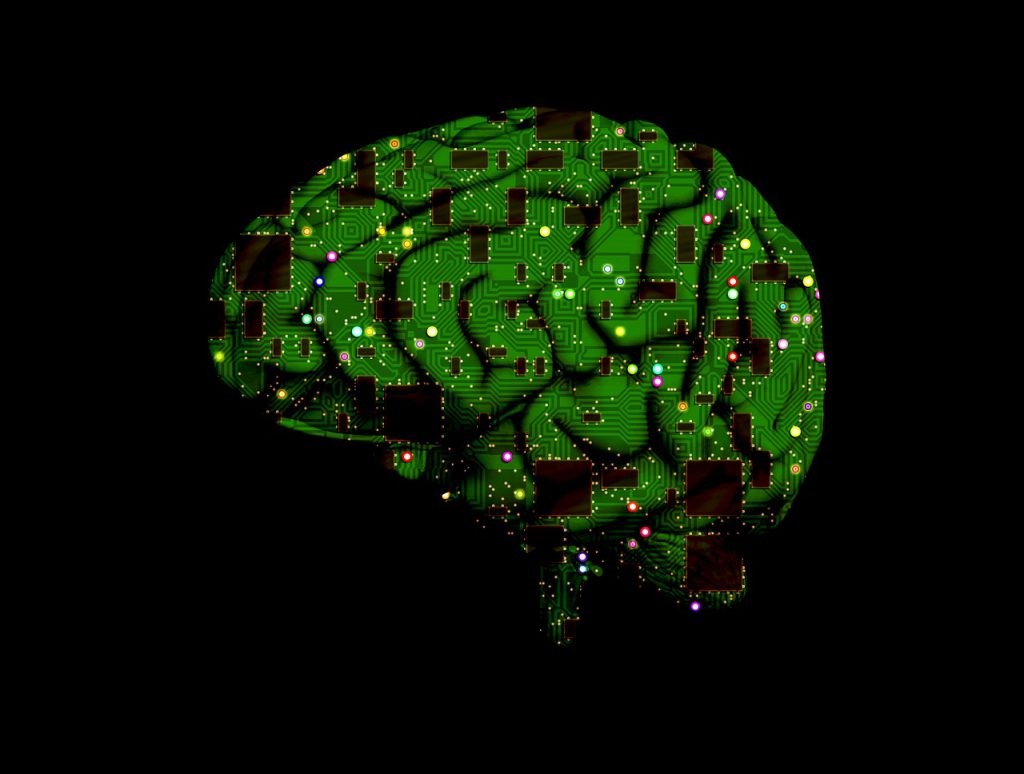
Freedom of speech, limits, and alternatives in the era of post-truth
*This is an AI-powered machine translation of the original text in Portuguese
Freedom of expression, as each of the speakers reminds us [at the seminar "Democracy and Digital Platforms" organized in collaboration with the Faculty of Law of the University of São Paulo (FDUSP)], is a fundamental right constitutionally guaranteed and essential for the maintenance of democracy as we know it. In the words of Ana Elisa Bechara, "[freedom of expression has] a contramajoritarian essence [... and] there is no one [...] immune to criticism or scrutiny, which are legitimate and welcome, even if they are sharp [...] even if [what is being said] is just or unjust, even if it bothers anyone."
However, the "post-truth era" faces challenges that are peculiar to it. As Eugênio Bucci pointed out, "lying" has always been associated with speeches (political or otherwise), and as Bechara put it, there is even controversy about the existence of a "duty to tell the truth." Nevertheless, access to current technology has, in Bucci's words, allowed "lies to circulate on a superindustrial scale." One of the facilitating elements in the dissemination of this information, as Celso Fernandes Campilongo reported, is the simplifying device of social networks in everyday interactions, which is present from meme exchanges to mass communication on digital platforms.
Amid the current context of information going viral, Campilongo points out that there are serious consequences for the political and social fields, where legal perspectives face significant challenges related to the regulation of social networks, internet use, and the free exercise of the press. In line with the opinions of others, Minister Alexandre de Moraes expresses that today, "the great battle of democracy is against misinformation."
The minister emphasized that the debate around digital platforms involves two central premises. The first is the understanding that the discussion focuses on the absence of a "freedom to attack [typically associated with] digital militias," and it does not seek to limit or reduce freedom of expression. The second premise refers to the coordinated action of these groups, a consequence of the discovery of social networks as avenues for mass communication and still without significant control.
Moraes points to the blocking of Telegram in the country as a milestone in Brazil's growing relevance in the interaction between states and major technology companies, with the Brazilian precedent even being cited abroad. Bechara, Bucci, and Campilongo concur in the understanding that the limits of freedom of expression in the post-truth era are a supranational issue that involves coordination with foreign technology companies.
In this scenario, Moraes poses a question: "Why can't what cannot be done in the real world be done in the virtual world?". The Minister suggests resolving these issues not with excessive regulations but by adapting traditional instruments to the digital environment and by assigning responsibility to big tech companies for the content promoted and/or monetized through their algorithms. The Minister's proposal is based on the fact that large technology companies are different business models, not mere intermediaries or repositories of texts, images, and videos, and therefore, their obligations should be guided by the constitutional principle of "freedom with responsibility."
Both Bechara and Bucci expressed concern about how to regulate speeches that exceed the limits of freedom of expression, both pointing to the "regulation of the medium" or the "method" as a more appropriate approach than regulating the content itself. At this same point, Moraes reflects that the views on regulation—among academics, companies, civil society, etc.—are diverse but stresses that "[big techs] want to cooperate; their vision is cooperative." For Moraes, the cooperation of big tech companies with public institutions is also driven by the fear that orchestrated instrumentalization by extremist groups could lead to the downfall of their virtual domains.
One of the strategies mentioned by the minister to address post-truth and the spread of hatred is adopting a control similar to monitoring copyright violations through textual detection. In cases of hate speech and/or threats to the democratic order, a strategy similar to the protection of copyright could be applied, such as removing repetitive content identical to what the judiciary has classified as inappropriate. Users in significantly different situations—those with critical discourse about the original content, for example—would have the burden of demonstrating that they do not fall under the general removal order.
As Moraes pointed out, these initiatives do not eliminate the problems associated with social networks, but they increase the contribution of big tech companies to restoring a balance in combating misinformation, to be periodically reassessed for modification or improvement. The focus, as indicated by Bucci, is not to create a "big brother of truth" that controls what has been said, but, in Bechara's words, to "stress the democratic capacity to follow and be consistent with its own values and essence."
*Coauthored with Milton Pereira de França Netto. Originally published in Conjur.
**Image vecstock.



